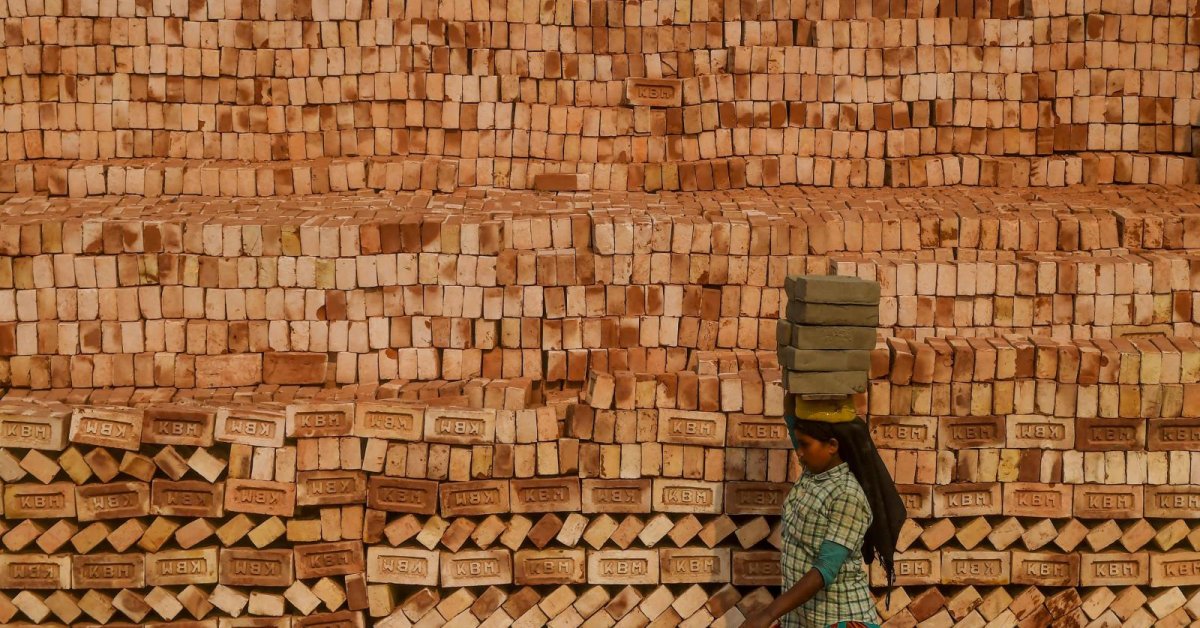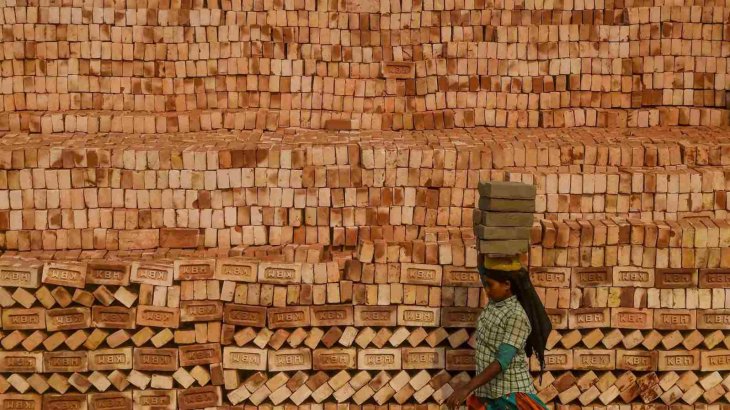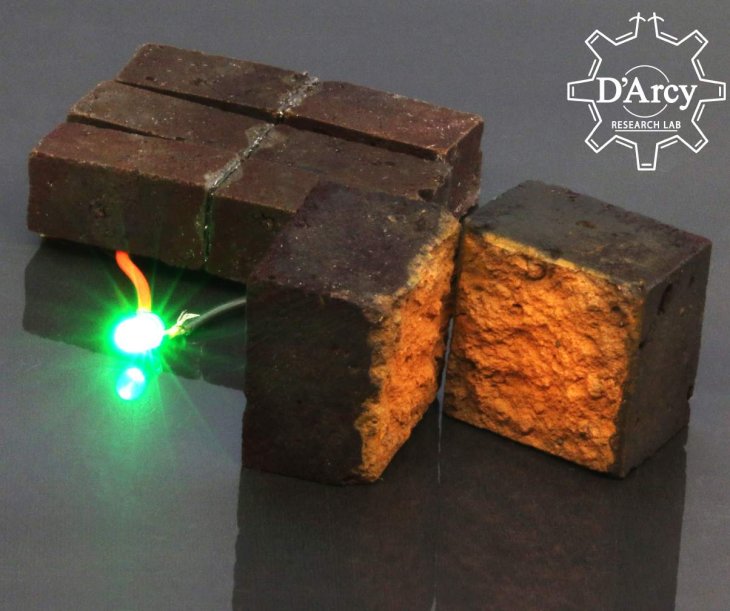Bricks Can Store Energy And Power Electrical Devices As Batteries
Dhir Acharya - Aug 13, 2020

Bricks are not a great material for building homes but also a potential energy solution for the future. Chemists found that they can store energy.
- Japan Hydrogen Breakthrough: Scientists Crack the Clean Energy Code with Mind-Blowing 1,000% Efficiency Jump
- 'Five-second rule' For Food Dropped On The Floor: Is It True?
- Scientists Want To Send 6.7 Million Samples, Including Sperm, To The Moon
There are several reasons why bricks are one of the most reliable materials to build houses. They are resilient to frost and high pressure. They excel in withstanding fluctuating temperatures without warping, shrinking, or expanding. They also absorb heat very well. They can reusable and durable. Even better, a new study points out that bricks can be developed to store energy as well.
Bricks have a brownish-red color due to hematite, an iron oxide often found in soil and rocks. But hematite is also used at the most advanced energy facilities. Therefore, the study authors have developed a method of modifying bricks to let them store electricity that can later be used for devices.

The chemists authoring this study coated some bricks with a gas that’s made of a particular molecule. Bricks are porous, the gas has got into every cranny and nook. When the molecule interacted with hematite, it started a polymerization reaction, which created PEDOT. This polymer can store and conduct electricity. When the chemists put the bricks in an oven, they came out blue instead of red, which was how they knew the process worked.
Using a solar cell, they divided the bricks into two halves, giving either of them positive and negative charges, then connected them with copper tape, which turned the bricks into a battery. They were then ready to store energy and provide power for a device with a flip of a switch.
They tried using this method to power an LED light, and it worked.

These brick batteries take 13 minutes to recharge and can last around 10,000 charges. The study result is very exciting and promising, but we cannot expect bricks to store a ton of energy yet.
According to a study author, 50 bricks and power 3W lights for 50 minutes, but the light intensity will decrease over that amount of time. Three watts is roughly the power of an LED desk lamp.
“We could just increase the number of bricks to increase the amount of energy you can stored, but we know that’s not a great strategy because coating more and more bricks can get expensive.”
Brick batteries can also power small devices like CO2 detectors, but the chemists are working on larger energy storage by using an order of magnitude. They hope to make the bricks store energy like a lithium battery. Their ultimate goal is to integrate the bricks into solar-powered houses to let them store energy for back up use in case of a power outage.
>>> Indian Students Develop UV E-Sanitizer To Kill COVID-19 On Your Belongings
Featured Stories

Features - Jan 29, 2026
Permanently Deleting Your Instagram Account: A Complete Step-by-Step Tutorial

Features - Jul 01, 2025
What Are The Fastest Passenger Vehicles Ever Created?

Features - Jun 25, 2025
Japan Hydrogen Breakthrough: Scientists Crack the Clean Energy Code with...

ICT News - Jun 25, 2025
AI Intimidation Tactics: CEOs Turn Flawed Technology Into Employee Fear Machine

Review - Jun 25, 2025
Windows 11 Problems: Is Microsoft's "Best" OS Actually Getting Worse?

Features - Jun 22, 2025
Telegram Founder Pavel Durov Plans to Split $14 Billion Fortune Among 106 Children

ICT News - Jun 22, 2025
Neuralink Telepathy Chip Enables Quadriplegic Rob Greiner to Control Games with...

Features - Jun 21, 2025
This Over $100 Bottle Has Nothing But Fresh Air Inside

Features - Jun 18, 2025
Best Mobile VPN Apps for Gaming 2025: Complete Guide

Features - Jun 18, 2025
A Math Formula Tells Us How Long Everything Will Live
Read more

ICT News- Feb 20, 2026
Tech Leaders Question AI Agents' Value: Human Labor Remains More Affordable
In a recent episode of the All-In podcast, prominent tech investors and entrepreneurs expressed skepticism about the immediate practicality of deploying AI agents in business operations.

ICT News- Feb 19, 2026
Escalating Costs for NVIDIA RTX 50 Series GPUs: RTX 5090 Tops $5,000, RTX 5060 Ti Closes in on RTX 5070 Pricing
As the RTX 50 series continues to push boundaries in gaming and AI, these price trends raise questions about accessibility for average gamers.

ICT News- Feb 21, 2026
AI Coding Agent Causes Major AWS Outage at Amazon
In a striking example of the risks associated with deploying advanced AI in critical systems, Amazon Web Services (AWS) recently faced multiple outages attributed to its own AI coding assistants.
Comments
Sort by Newest | Popular